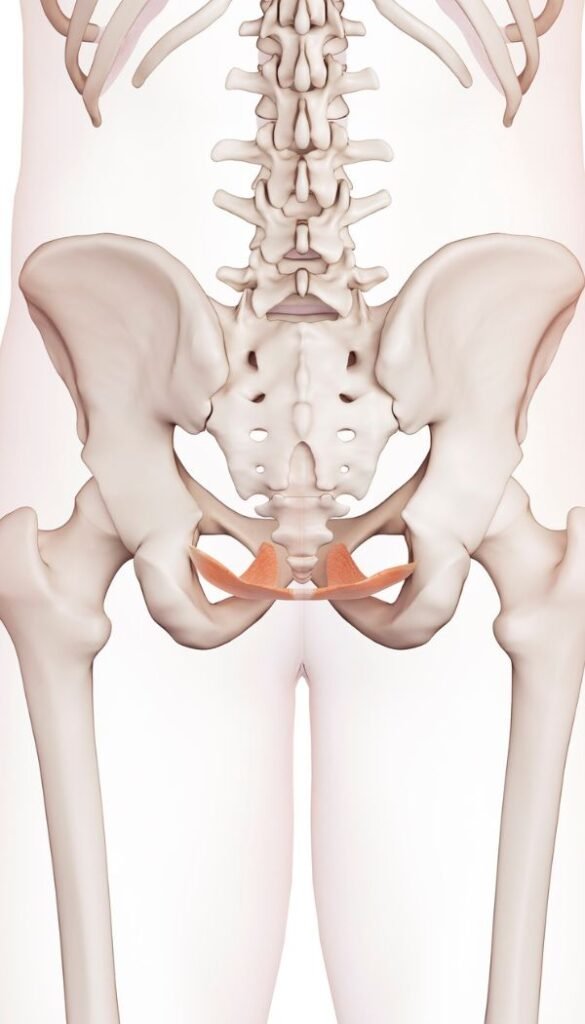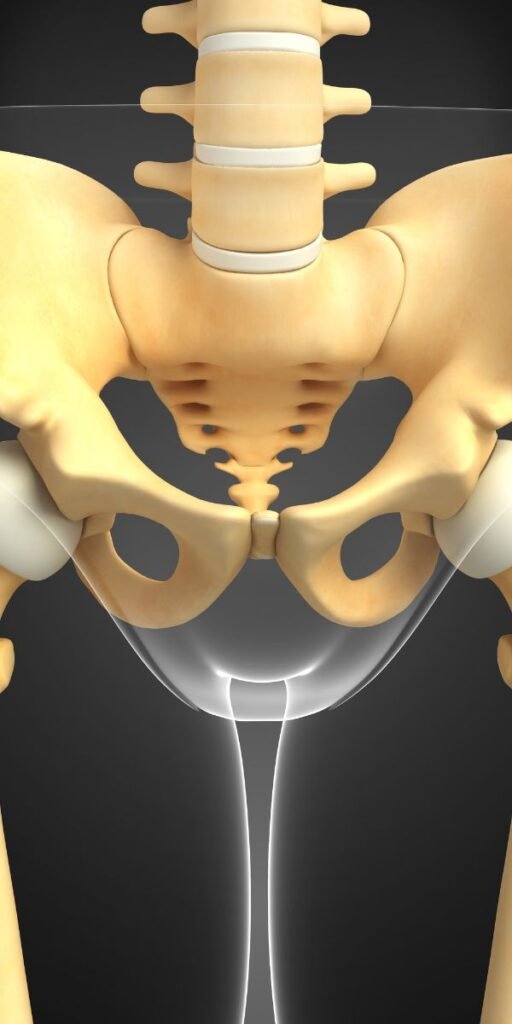Pelvic Floor Muscular Dysfunction: Causes, Symptoms, and Treatment at Dr. Hamza Physio
Overview
Pelvic Floor Muscular Dysfunction (PFMD) refers to the inability of the pelvic floor muscles to function properly, leading to issues such as urinary incontinence, pelvic pain, and bowel dysfunction. This condition can result from childbirth, surgery, aging, or muscle imbalances, affecting both men and women.
At Dr. Hamza Physio, located in the AIH Building, G-8 Markaz, Islamabad, we specialize in diagnosing and treating Pelvic Floor Muscular Dysfunction through advanced physiotherapy techniques aimed at restoring pelvic function, relieving pain, and improving overall quality of life.
Symptoms of Pelvic Floor Muscular Dysfunction
Common symptoms of PFMD include:
Urinary incontinence or frequent urge to urinate
Pain in the pelvic region, lower back, or hips
Difficulty with bowel movements or constipation
Pain during intercourse
Heaviness or pressure in the pelvic area
Poor posture and muscle imbalances

Causes of Pelvic Floor Muscular Dysfunction
Several factors contribute to the development of PFMD, including:
Pregnancy and childbirth
Pelvic surgery or injury
Aging and hormonal changes
Chronic constipation or straining
Obesity or excess body weight
Repetitive high-impact activities
Conditions Treated at Dr. Hamza Physio
We provide expert treatment for Pelvic Floor Muscular Dysfunction related to:
Postpartum recovery and pelvic rehabilitation
Chronic pelvic pain syndrome
Urinary and fecal incontinence
Overactive bladder syndrome
Pelvic organ prolapse
Post-surgical pelvic dysfunction
Our specialized physiotherapy programs focus on strengthening pelvic muscles, improving bladder and bowel control, and enhancing overall mobility.
Why Choose Dr. Hamza Physio?
Expert Physiotherapists: Our experienced team specializes in treating Pelvic Floor Muscular Dysfunction effectively.
Advanced Techniques: We use evidence-based therapies, including biofeedback, pelvic floor exercises, and manual therapy.
Personalized Care: Every patient receives a customized treatment plan tailored to their specific condition.
Convenient Location: Located in AIH Building, G-8 Markaz, Islamabad, for easy accessibility.
Proven Results: Our physiotherapy programs help patients regain pelvic function and improve their quality of life.

FAQs
Yes, physiotherapy is highly effective in managing PFMD by strengthening pelvic muscles, improving bladder control, and relieving pain.
Recovery time varies depending on severity, but many patients experience improvement within a few weeks to months with consistent physiotherapy treatment.
We offer biofeedback therapy, pelvic floor strengthening exercises, manual therapy, and lifestyle modifications to improve symptoms.
Yes, maintaining a healthy weight, performing pelvic floor exercises, avoiding excessive straining, and practicing good posture can help prevent PFMD.
If you or a loved one is suffering from Pelvic Floor Muscular Dysfunction, contact Dr. Hamza Physio today. Our expert physiotherapy services can help you achieve long-lasting relief and improved pelvic health.
